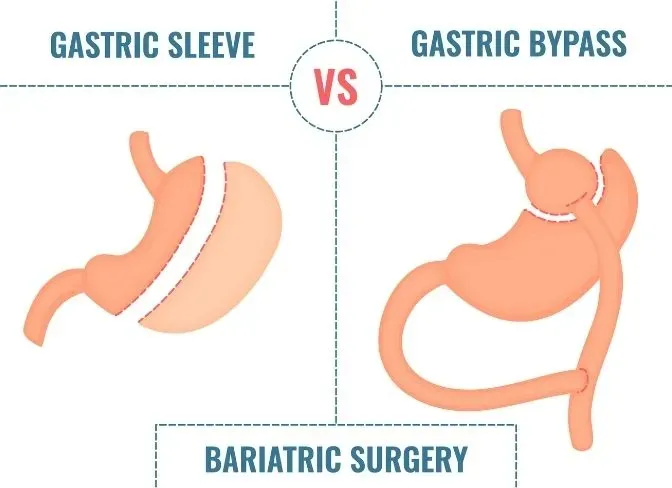Bariatric surgery is also known as weight loss surgery. It helps people lose significant weight. This type of surgery is recommended for those who have a body mass (BMI) greater than 40, as well as those with additional weight-related problems and a BMI higher than 30.
Lifestyle changes
After weight loss surgery it is important that you live a healthy lifestyle. Regular exercise, healthy eating habits and plenty of water are all important. For the first few weeks following surgery, patients are advised to follow a restricted diet and then gradually start eating solid foods.
Physical Activity
Exercise is a key component of weight loss and maintenance after surgery. You can improve your mental and physical health by incorporating exercise into your daily life. Start with light exercise and increase intensity as you gain strength.
The Nutrition
Diet plays an important role in weight loss and maintenance after surgery. Patients should eat smaller meals, frequent meals, and avoid sugary or fatty foods. Patients undergoing bariatric surgery are often advised to eat high-protein, low-carb diets. To create a customized meal plan for you, consult a dietitian.
Follow-up Care
It is important to keep track of your health and monitor any changes. Regular appointments are recommended for patients to see their doctor and dietitian regularly to monitor their weight and to ensure they follow a healthy diet.
Mental Health
Weight loss surgery may have a positive effect on a person’s mental health but can also cause anxiety and stress. Patients should seek out support from family members, friends, and support groups. A therapist can help patients manage their emotions and deal with any difficulties they might face following surgery.
Vitamins and Minerals
Patients often have trouble absorbing certain vitamins or minerals after weight loss surgery. Vitamin and mineral supplements are frequently prescribed to patients in order to ensure that they receive adequate nutrition. It is recommended that patients undergo regular blood tests to check for deficiencies and monitor their nutritional levels.
Alcohol Consumption
Alcohol intake can slow weight loss and increase the likelihood of weight gain after surgery. Limiting alcohol intake is a good idea. If you must drink alcohol, choose low-calorie drinks and avoid sugary mixed drinks.
Weight Gain
Weight gain can happen after weight loss surgery, if patients don’t follow the recommended diet and exercise program. To prevent weight gain, it is crucial to quickly identify and fix the causes. Regular visits with your surgeon or dietitian will help you monitor your progress and address any weight regain concerns.






Get Free Quote